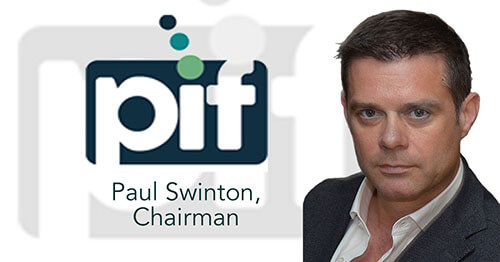Cash causes so many problems for tour guides out in the field from security issues to admin issues and fraud. It can become extremely complex and troublesome when tour guides are a part of your business model and are out in the field or are working remotely.
Due to this increased demand and opportunity, travel and tour guide companies are now looking at alternatives to streamline their processes, reduce stress and improve business administration, as cash is often a headache to administer and audit. It is also open to fraud and expensive to manage. Cash is a complication that shouldn’t exist in the travel and tour guide sector.
Businesses in the sector are starting to turn to prepaid cards to eliminate cash-based problems and to provide an expenses solution that makes operations smoother.
Solving payroll and funding issues
Prepaid cards allow travel companies to send funds electronically to tour guides or guests, instantly anywhere in the world 24/7. It can also remove any delays caused be traditional banking processes or cash distribution. Eliminating any potential payroll and funding issues can increase employee motivation and as a result, have a positive effect on your business’s customer service.
Increase security and protect your employees
Cash is outdated. Instantly eliminate the burden and risk of carrying or storing cash when travelling is involved, for both tour guides and guests, by using a secure prepaid card. Moreover, prepaid cards are reloadable 24/7 so your employees will only need one card at a time saving your business time and money.
No need for any pesky administration
Prepaid cards can replace petty cash completely. Once combined with expense systems and powerful receipt management tools, companies can manage all of their expenses, payroll, funding and much more on one system. Furthermore, you are able to monitor spending in real-time and integrate with any existing accounting or ERP systems in your business, giving you full peace of mind.
Other benefits
Prepaid cards have obvious cost-based benefits however removing the hassle and headaches associated with inefficient cash-based systems can lead to happier employees. Moreover, this can free up time for your employees and tour guides so that they can focus on their job to create entertaining experiences for tourists and not on their finances. This can lead to higher retention rate with higher performing tour guides who are often difficult to source.
How to choose a prepaid card solution for your travel company
The prepaid solution from B4B Payments offers a Mastercard prepaid card that can be used in the millions of locations globally that accepts payment by Mastercard. Funds can be spent in-store or online, meeting the needs of tour guides, travel companies and other travel stakeholders.
The B4B solution is currently enabling travel companies, tour guides and tourism establishments to replace inefficient cash-based systems for the past 5 years. It was named winner of the Best Prepaid Card Programme category of the Card & Payments Awards 2019. To find out more about how we work with travel companies and tour guides, and how we can help you, call us on 020 3137 3420 or email us at sales@b4bpayments.com.















